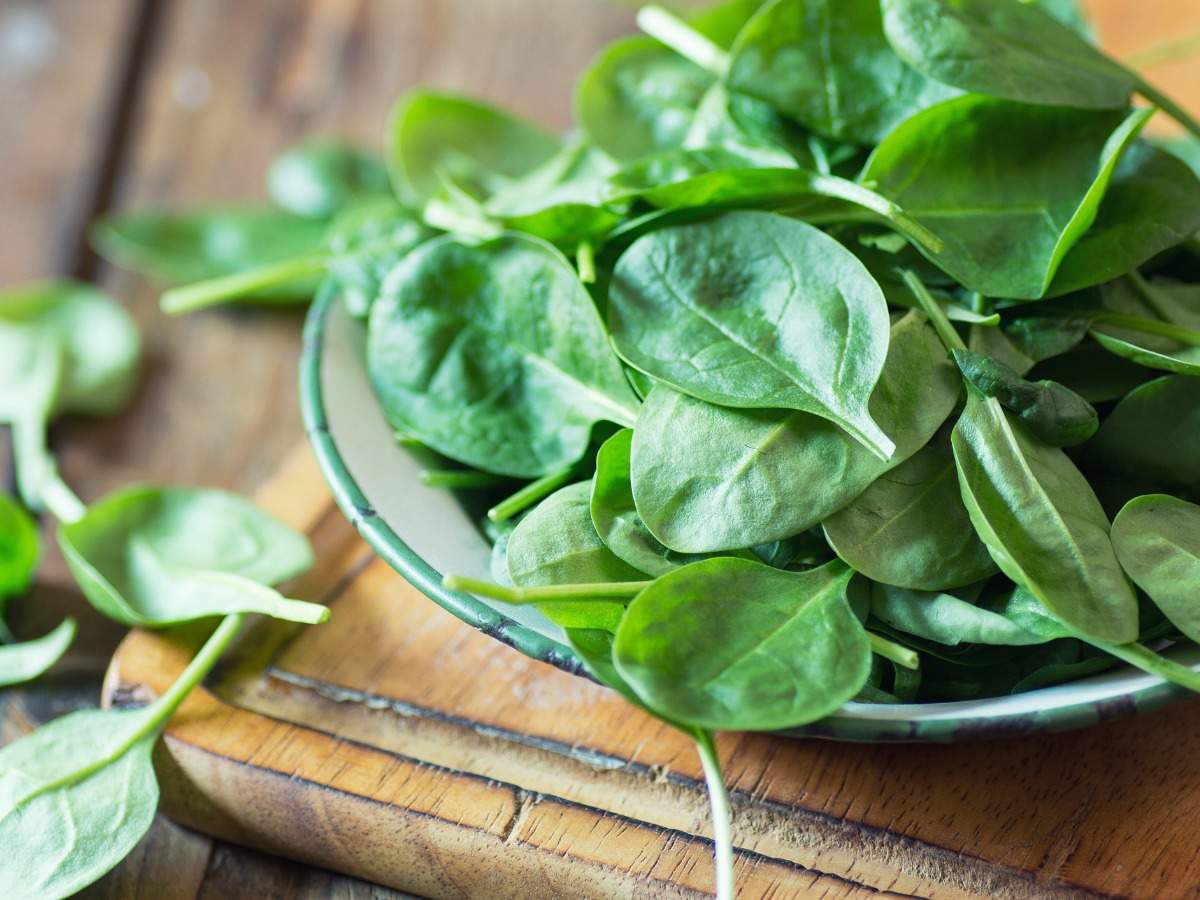As winter approaches, we often see an increase in colds, flu, and other illnesses. The colder temperatures can weaken our immune systems, making us more likely to get sick. The good news is that we can help our bodies stay strong by including specific foods and herbs that boost our immunity in our daily meals. In this article, we’ll explore the top 10 foods and 10 herbs that can help keep us healthy during the chilly months. We’ll also share simple ways to add these items to your meals, highlight their health benefits, and offer extra tips for staying healthy all winter long. Discover the best immune-boosting foods for your winter diet for stronger immunity and better health. Learn how to stay healthy all season long.
Top 10 Immune-Boosting Foods for Winter
As the winter season brings cooler temperatures and a higher likelihood of illness, boosting your immune system with nutrient-rich foods can help keep you healthy. Here’s a detailed look at the top 10 immune-boosting foods to incorporate into your diet during winter:
1. Citrus Fruits

- Why They’re Beneficial: Citrus fruits are an excellent source of vitamin C, a key nutrient that helps boost the immune system by increasing the production of white blood cells, which are crucial for fighting infections.
- Examples: Oranges, grapefruits, lemons, limes, tangerines.
- How to Use: Enjoy citrus fruits fresh as snacks, in salads, or as freshly squeezed juice for a refreshing dose of vitamin C.
- Benefits: Regular consumption can help reduce the severity and duration of colds and flu thanks to their immune-boosting properties.
2. Garlic

- Why It’s Beneficial: Garlic contains allicin, a compound released when garlic is crushed or chopped. Allicin has potent antibacterial and antiviral properties, effectively preventing or reducing the severity of colds and flu.
- How to Use: To enhance flavor and health benefits, incorporate minced garlic into soups, stews, stir-fries, or roasted vegetables.
- Benefits: Garlic’s antimicrobial properties help combat viruses and bacteria, providing a natural defense against winter illnesses.
3. Ginger
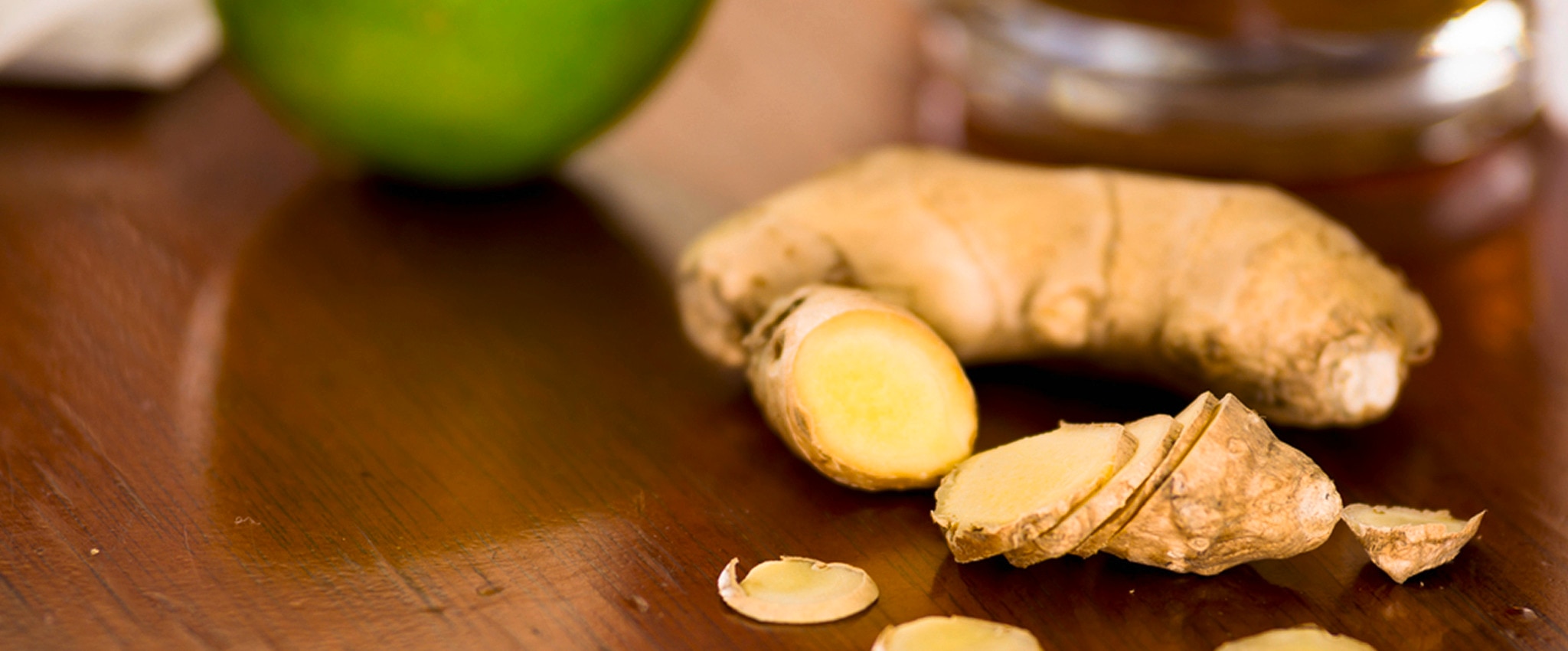
- Why It’s Beneficial: Ginger is known for its anti-inflammatory and antioxidant properties, which can help reduce inflammation and boost immune function.
- How to Use: Add fresh ginger to teas, smoothies, or stir-fries for a spicy, health-boosting kick.
- Benefits: Ginger helps soothe a sore throat and reduces inflammation, potentially lowering the risk of chronic diseases.
4. Spinach
- Why It’s Beneficial: Spinach is loaded with essential nutrients like vitamin C, beta-carotene, and antioxidants, strengthening the immune system’s ability to fight infections.
- How to Use: Add fresh spinach to salads, blend into smoothies, or sauté as a nutritious side dish.
- Benefits: The combination of vitamins and antioxidants in spinach enhances immune function and supports overall health.
5. Yogurt
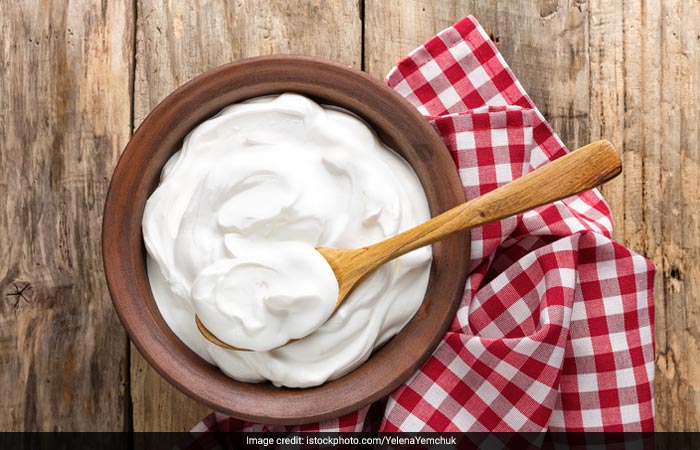
- Why It’s Beneficial: Rich in probiotics, yogurt contains beneficial bacteria that improve gut health and are closely linked to immune function.
- How to Use: Enjoy plain yogurt topped with fruits, honey, or granola for a healthy and delicious snack.
- Benefits: Yogurt probiotics help maintain a balanced gut microbiome, critical to a strong immune system.
6. Almonds

- Why They’re Beneficial: Almonds are a great source of vitamin E, a fat-soluble vitamin crucial for maintaining a healthy immune system. They also contain healthy fats that enhance the absorption of this vitamin.
- How to Use: For a nutrient boost, snack on a handful of almonds or add them to oatmeal and salads.
- Benefits: Vitamin E’s antioxidant properties in almonds help combat free radicals, strengthening the body’s immune response.
7. Green Tea
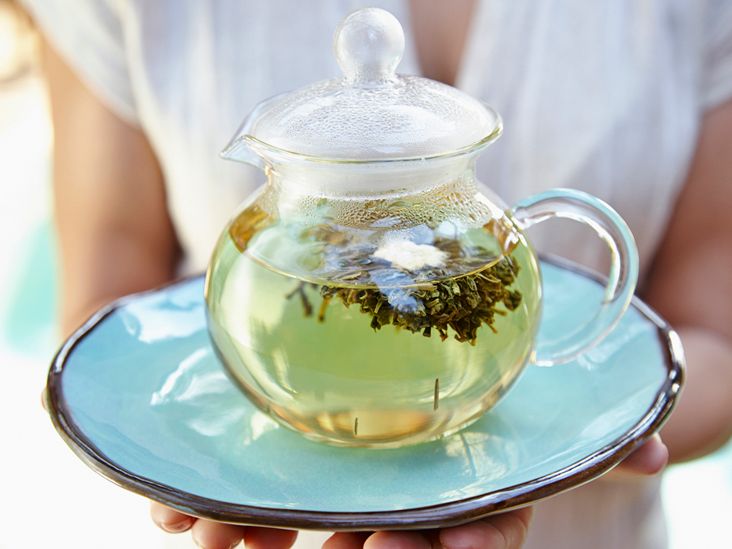
- Why It’s Beneficial: Green tea contains antioxidants, particularly epigallocatechin gallate (EGCG), which enhances immune function. It also contains L-theanine, which may aid in producing germ-fighting compounds in T-cells.
- How to Use: Enjoy a daily cup of green tea, plain or with a slice of lemon for added flavor.
- Benefits: The antioxidants in green tea support the immune system and may help reduce the risk of infections.
8. Turmeric

- Why It’s Beneficial: Turmeric’s active compound, curcumin, has potent anti-inflammatory and antioxidant properties, which can enhance the immune response.
- How to Use: Incorporate turmeric powder into curry soups or make a soothing golden milk drink.
- Benefits: Curcumin in turmeric helps reduce inflammation and boost the immune system, supporting overall health.
9. Sweet Potatoes
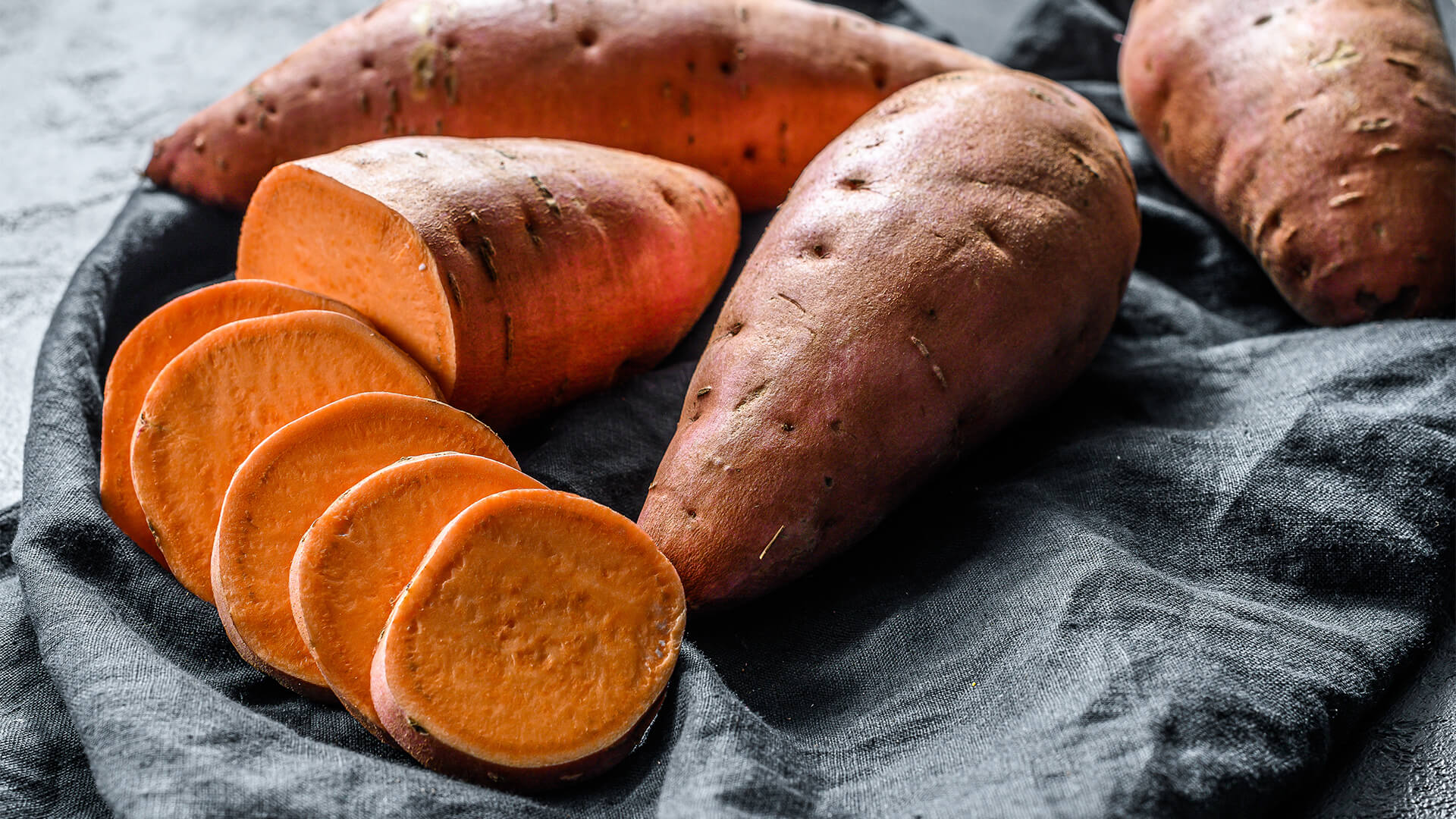
- Why They’re Beneficial: Sweet potatoes are rich in beta-carotene, which the body converts to vitamin A. This vitamin is essential for maintaining healthy mucous membranes and skin, the body’s first line of defense against pathogens.
- How to Use: Bake or roast sweet potatoes as a side dish, or add them to soups for a hearty, immune-boosting meal.
- Benefits: Sweet potatoes’ high beta-carotene content supports a healthy immune system by maintaining skin integrity and mucous membranes.
10. Papaya

- Why It’s Beneficial: Papayas are loaded with vitamin C, vital for immune health, and contain a digestive enzyme called papain, which has anti-inflammatory effects.
- How to Use: Enjoy papaya as a fresh fruit snack, in fruit salads, or blended into smoothies for a tropical twist.
- Benefits: Besides boosting immunity, papaya supports digestion, reduces inflammation, and promotes healthy skin.
Top 10 Immune-Boosting Herbs for Winter
As the cold months approach, strengthening your immune system is essential to ward off colds, flu, and other seasonal illnesses. Incorporating immune-boosting herbs into your diet can offer additional protection. Here’s a detailed guide on the top 10 herbs that can help keep you healthy during winter:
1. Echinacea
- Benefits: Echinacea is well-known for reducing the duration and severity of colds and flu. It can help prevent upper respiratory infections and ease cold symptoms.
- How It Works: This herb stimulates the immune system by increasing the production of white blood cells, which are crucial for fighting infections.
- Usage: Echinacea can be consumed as a tea, capsule form, or tincture. It is most effective when taken at the first sign of illness.
2. Astragalus
- Benefits: Astragalus is a powerful herb that strengthens the immune system, reduces inflammation, and serves as an adaptogen to help the body resist stress. Traditional medicine has used it to enhance vitality and protect against illness.
- How It Works: It contains saponins, flavonoids, and polysaccharides that work together to stimulate immune responses and support overall immune function.
- Usage: Astragalus can be consumed in various forms, including teas, soups, or supplements. It is often used in Chinese medicine to support long-term immune health.
3. Elderberry
- Benefits: Elderberry is packed with antioxidants, particularly anthocyanins, which can help reduce the severity and duration of cold and flu symptoms. It’s often used to prevent viral infections and strengthen immune defenses.
- How It Works: Elderberry anthocyanins enhance the immune response, particularly by boosting the production of cytokines, which regulate immune cell activity.
- Usage: Elderberry is commonly consumed as syrup, gummies, or tea. It’s best known for its effectiveness in shortening the duration of flu symptoms.
4. Garlic
- Benefits: Garlic has powerful antiviral and antibacterial properties, making it an excellent herb for fighting infections. It can help reduce the severity of colds and flu and support overall immune health.
- How It Works: Garlic contains allicin, a sulfur compound released when chopped or crushed. Allicin enhances immune function by stimulating white blood cell activity and fighting infections.
- Usage: Garlic is most effective when eaten raw or in supplement form, but it can also be added to meals, soups, and stews for added immune support.
5. Ginger
- Benefits: Ginger is well-known for its anti-inflammatory, antioxidant, and immune-boosting properties. It helps soothe sore throats, reduce inflammation, and prevent infections.
- How It Works: Ginger contains gingerol, a bioactive compound with potent medicinal properties. It enhances the immune response and reduces inflammation.
- Usage: Fresh ginger can be added to teas, smoothies, soups, or stir-fries. It’s also available in capsule or extract form for those who prefer a concentrated dose.
6. Turmeric
- Benefits: Turmeric is a powerful herb with potent anti-inflammatory and antioxidant properties, making it an excellent choice for supporting the immune system. It helps fight infections and reduce inflammation.
- How It Works: Turmeric’s active compound, curcumin, has been shown to modulate the immune response by influencing various immune cells and reducing the production of pro-inflammatory cytokines.
- Usage: Turmeric is versatile and can be used in cooking (e.g., curries, soups), as a tea, or as a supplement. Golden milk, made with turmeric and milk, is a popular way to enjoy its benefits.
7. Licorice Root
- Benefits: Licorice root has potent antiviral and immune-boosting properties. It can help reduce inflammation and support the respiratory system during cold and flu seasons.
- How It Works: Licorice root contains glycyrrhizin, a compound that enhances immune function, fights viruses, and reduces inflammation. It also helps soothe sore throats and coughs.
- Usage: Licorice root can be consumed as tea, tincture, or supplement. However, it should be used cautiously in people with high blood pressure or certain medical conditions.
8. Andrographis
- Benefits: Andrographis is widely used in traditional medicine to treat cold symptoms and respiratory infections. It has antiviral properties and can help reduce the severity and duration of colds.
- How It Works: This herb contains andrographolide, a compound that boosts immune function, reduces inflammation, and provides antibacterial and antiviral benefits.
- Usage: Andrographis is available in capsule or tablet form. It is also used in teas, especially in Ayurvedic practices, to enhance immune health.
9. Holy Basil (Tulsi)
- Benefits: Holy basil, also known as tulsi, is an adaptogen that reduces stress and boosts immune function. It has antibacterial, antiviral, and anti-inflammatory properties, effectively preventing illness.
- How It Works: Holy basil contains compounds that enhance immune response, reduce inflammation, and help the body adapt to physical and emotional stress.
- Usage: Tulsi is typically consumed as tea but can also be found in supplement form or used fresh in cooking. Drinking tulsi tea daily can help keep the immune system strong during winter.
10. Oregano
- Benefits: Oregano is renowned for its potent antiviral, antimicrobial, and antioxidant properties. It can help fight infections, particularly those affecting the respiratory system.
- How It Works: Oregano contains carvacrol and thymol, which have been shown to boost immune activity and fight off pathogens. These compounds also help reduce inflammation and improve overall immune health.
- Usage: Oregano is commonly used as an oil, in cooking, or as a supplement. Oregano oil is exceptionally concentrated and can be taken in small doses to enhance immune function.
Tips for Using Immune-Boosting Herbs:
- Consistency: For optimal immune-boosting effects, make it a habit to use these herbs regularly.
- Combining Herbs: Herbs like turmeric and ginger can complement each other, enhancing their immune-boosting properties.
- Consultation: Before starting any new herbal regimen, it’s essential to consult with a healthcare provider, especially if you have any pre-existing health conditions or are pregnant.
- These herbs can help strengthen your immune system, keeping you healthier during winter.
Tips for Strengthening Immunity in Winter:
- Stay Hydrated: Drink plenty of water, support immune function, and flush out toxins.
- Get Enough Sleep: Aim for 7-8 hours of quality sleep each night to allow your body to recover and enhance immune function.
- Exercise Regularly: Moderate physical activity boosts circulation, strengthens immune cells, and helps your body fight infections more effectively.
- Manage Stress: Reduce stress through practices like meditation, yoga, or deep breathing exercises to avoid weakening your immune system.
- Maintain a Balanced Diet: Focus on eating a nutrient-dense diet that includes a variety of fruits, vegetables, lean proteins, and whole grains to support your overall health and boost immunity.
Conclusion
Maintaining good health during winter is more than just staying warm. By incorporating immune-boosting foods and herbs into your routine and adopting healthy lifestyle habits, you can support your immune system and promote well-being throughout the colder months. Consistency is vital—small, intentional changes can significantly impact your health.
FAQs
Q. Can diet alone prevent colds and flu?
While a nutritious diet can support your immune system and reduce the likelihood of illness, it can’t eliminate the risk of colds or flu. Proper hygiene and vaccinations are also crucial.
Q. How often should I consume immune-boosting foods?
To maintain a healthy and resilient immune system, include immune-boosting foods in your daily meals for optimal immune support.
Q. Are supplements necessary for boosting immunity?
Supplements can be beneficial, particularly if you have dietary restrictions. However, getting most of your nutrients from whole foods is best whenever possible.
Q. Can herbs cause side effects?
Certain herbs may cause side effects or interact with medications. It’s essential to consult with a healthcare professional before adding new herbal supplements to your regimen.
Q. Is it safe to use multiple immune-boosting herbs together?
While many herbs can be combined safely, knowing their interactions and proper dosages is essential. To ensure safe use, consult a healthcare provider or herbalist.


